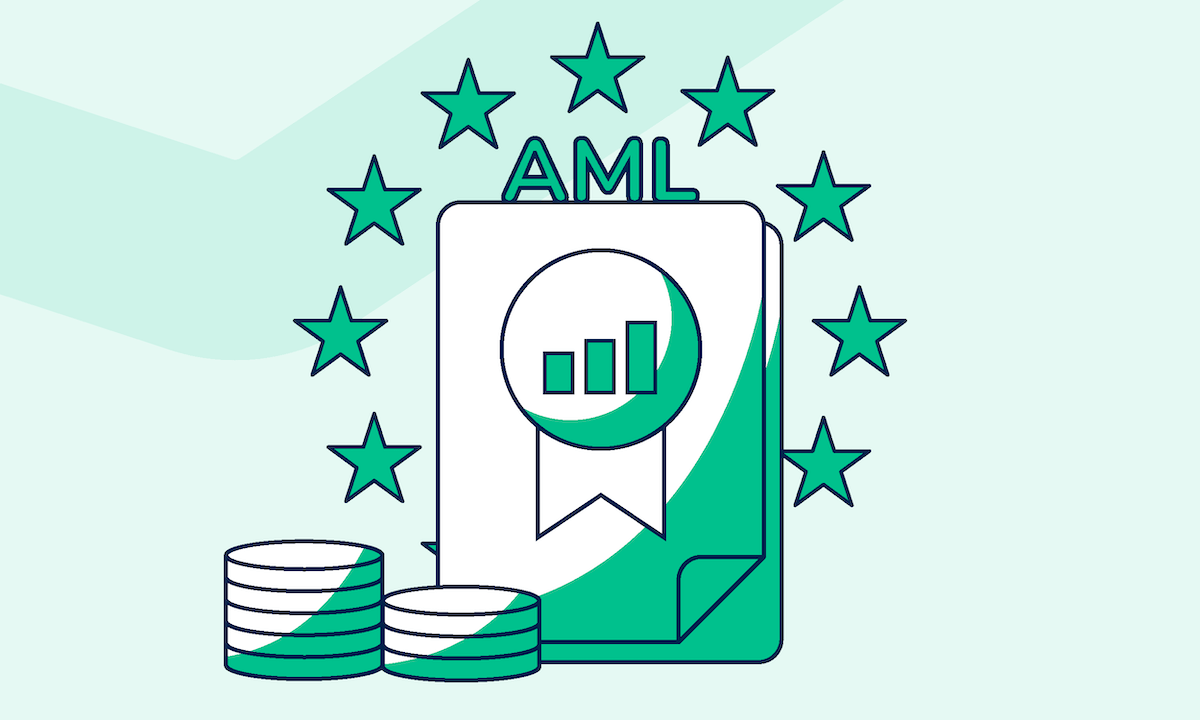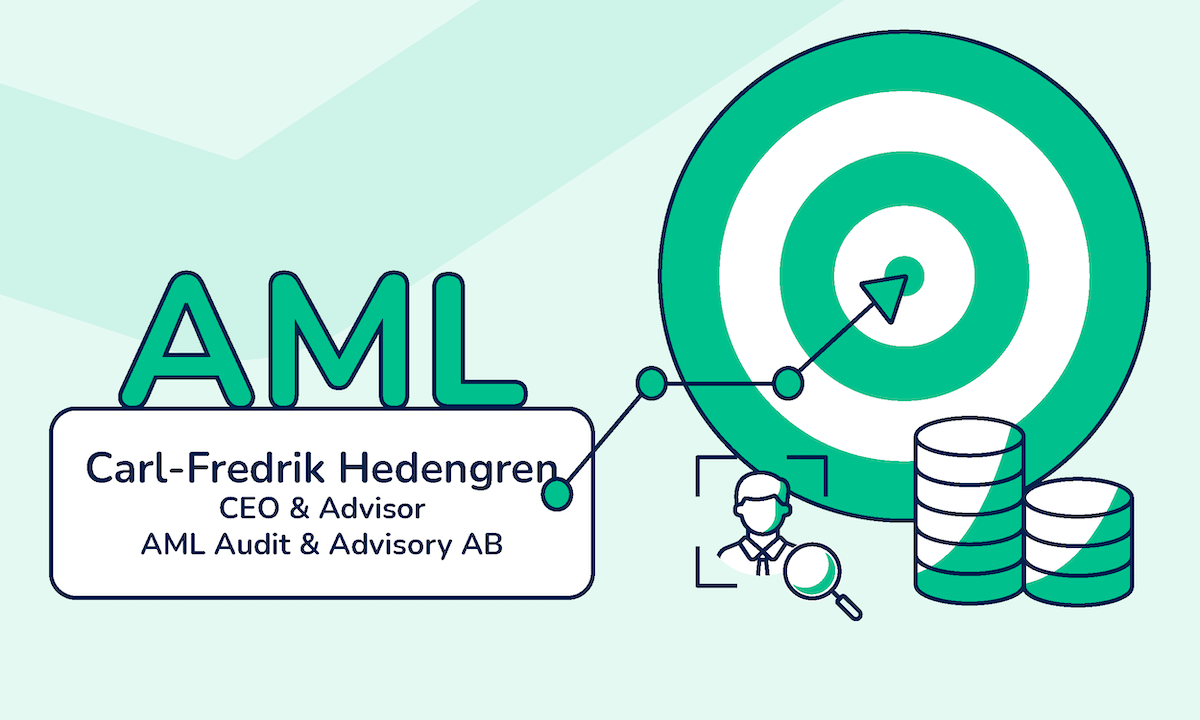In 2014, the European Commission published the eIDAS Regulation, making digital signatures legal in all EU countries.
This article highlights the impact of eIDAS and explores the recently proposed changes to the Regulation.
| What is eIDAS? |
| What are the benefits of the eIDAS Regulation? |
| What are the recently proposed changes to the eIDAS Regulation? |
| Are digital signatures created with Penneo eIDAS-compliant? |
What is eIDAS?
eIDAS is a legal act regulating electronic identification and trust services in the European Single Market. Trust services include e-signatures, electronic seals, time stamps, electronic registered delivery services, and website authentication certificates.
The regulation ensures that member states recognize each other’s electronic identification schemes and grants electronic signatures the same legal standing as their handwritten counterparts.
eIDAS applies to all 27 member states and prevails over national law. Due to its EEA relevance, Norway, Liechtenstein, and Iceland also implemented eIDAS into their national law.
Thanks to eIDAS, EU companies and citizens can now use electronic signatures and eIDs to conduct business and access online services in a faster and safer way across the EU.
What are the benefits of the eIDAS Regulation?
Besides making electronic interactions safer, eIDAS helps businesses speed up processes, cut costs, and increase profits. Not to mention that it plays a crucial role in improving the EU’s competitiveness worldwide.
1. Time savings
Since digital signatures are now legal in all EU countries, companies conducting cross-border transactions don’t need to collect their customers’ handwritten signatures anymore.
Therefore, businesses can eliminate time-consuming tasks associated with signing processes, such as printing and mailing documents or organizing in-person client meetings.
Moreover, the customers of businesses subject to AML/CFT rules can now use their national eIDs to prove their identity. Hence, banks can save time by getting the customer’s identity verified faster when opening a bank account.
2. Reduced costs
By eliminating the need for in-person meetings, mailing, printing, and scanning documents, eIDAS also cuts the costs associated with these processes.
Thanks to the Regulation, companies can now provide the same secure and high-quality services at a far lower cost.
3. Increased profits and better customer experience
EU-wide acceptance of notified national eID schemes makes it easier and safer to provide online services and products to customers from other EU countries.
This helps companies increase their client base and, consequently, their profits. Not to mention it improves customer experience via convenient and secure electronic interactions.
What are the recently proposed changes to the eIDAS Regulation?
So far, 14 EU countries have notified eID schemes meaning that only 59% of EU residents have access to a trusted and secure eID. What’s more, cross-border access to online public and private services is limited due to legislative and technical challenges.
Therefore, in June 2021, the EU Commission published a proposal to amend the eIDAS Regulation.
The proposal requires all EU countries to notify at least one eID scheme and issue European Digital Identity Wallets based on common technical standards.
All EU residents will be able to download the EU Digital Identity Wallet app on their smartphones, laptops, or tablets and use it to store official documents and identify themselves electronically in any EU member state.
These proposed changes to eIDAS will make it easier and more secure to access online public and private services across Europe.
Timeline-wise, the EU Commission aims to publish the agreed technical framework in October 2022. Afterwards, pilot projects can start.
Are digital signatures created with Penneo eIDAS-compliant?
Digital signatures created with Penneo Sign meet the eIDAS requirements for advanced electronic signatures. This means they can identify the signer with certainty and ensure the integrity of the signed document. Therefore, signers can’t repudiate valid digital signatures made via Penneo.
What’s more, Penneo is a Qualified Trust Service Provider and is listed on the EU trust list.
Qualified electronic seal certificates link the electronic document to the legal entity that sent it while also ensuring the integrity of its content.
Electronic time stamps bind the document to the time when it was signed. Hence, they can prove that the signed file existed at that particular point in time.
Penneo’s electronic signatures and seals are based on XAdES and PAdES standards. These are two of the ETSI standards on which advanced electronic signatures must be based according to the EU Commission’s Implementing Decision 2015/1506. Thus the signatures are valid and recognized throughout the EU. PAdES & XAdES’- LTV (Long-Term Validation) allows you to verify the digital signatures at any time in the future. Therefore, the validity of documents signed with Penneo can be checked many decades after signing.
For verifying digital signatures made with Penneo, you can use the Penneo Validator, the EU DSS Validator or Adobe Reader.
Penneo currently supports the creation of digital signatures via the following national eIDs:





